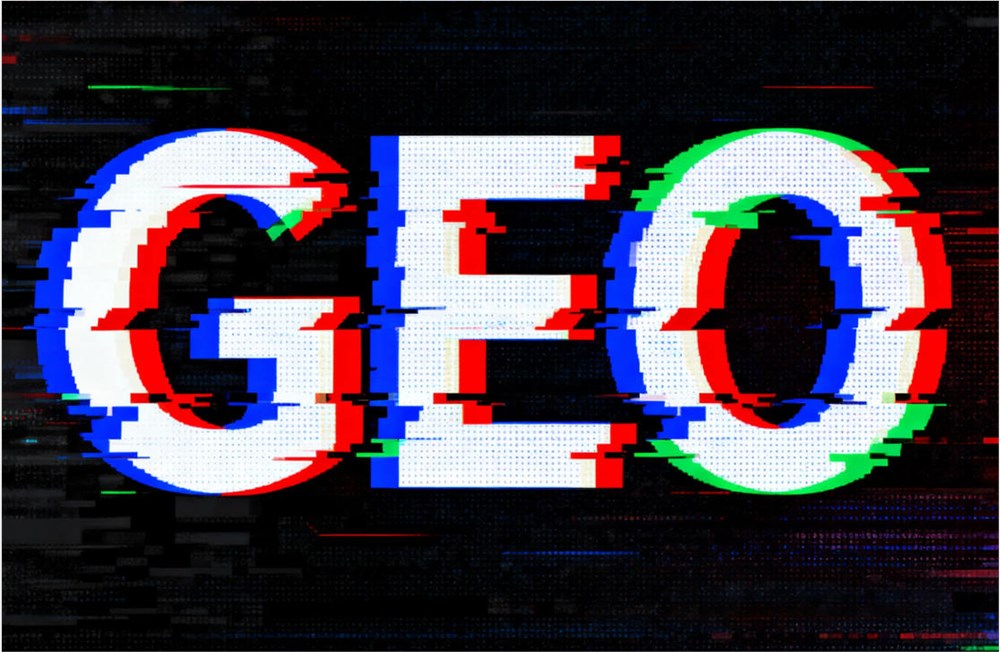Traditional SEO is about optimizing for search engines (Search Engine Optimization), with the goal of achieving a high ranking in search results, driving user clicks, website visits, exposure, or conversions.
In the era of generative AI (such as ChatGPT, Google's AI search mode, etc.), a new competitive field is emerging: GEO (Generative / Answer Engine Optimization), sometimes also called AEO. It is compared to the "successor of SEO" — the goal is to become a "source of answers" or at least a "component of an answer."

Image source note: The image was generated by AI, and the image licensing service is Midjourney.
Under the context of GEO, being "cited or adopted by an AI engine" is more critical than just ranking. You may not be in the first position, nor on the traditional search homepage, but if the AI cites or references your content when answering, you have won.
The New Ecosystem of AI Search and GEO
| Topic | Insight | Thoughts |
|---|---|---|
| The Significance and Trends of GEO | GEO is still in its early stages, and its rules and best practices are not yet fully clear, but many media and marketers have already started to make arrangements. (Fast Company) | It's similar to SEO 20 years ago, when there were no "weight algorithm formulas." Now is a trial period and an opportunity for pioneers. |
| Why Being "Selected" Is More Important Than "High Ranking" | In an AI engine, the answer content is aggregated from multiple sources. Being "selected" means brand exposure and credible endorsement. A low ranking might mean it's never even picked up by the AI summary. | Traditional SEO mechanisms like keyword density and backlinks may no longer be so directly effective. |
| The Risk of False or Misleading Information Is Increasing | If AI answers contain "false content" or "distorted content," your brand image could be harmed passively. Especially since AI answers usually "mix" multiple sources, it's hard to trace or correct. (Fast Company) | During the SEO era, users might question false information, but they could still see the original text. In AI engines, errors might be directly "embedded" into the answer, making it hard to distinguish truth from falsehood. |
| Opportunities and Challenges for Advertising / Monetization Models | Adding ads to AI answers is a direction being tested by several platforms (e.g., Google has already "integrated" ads into some AI search experiences). These ads may share revenue with the sources cited in the answer. (Fast Company) | If future AI answers tie ads to citations, content creators might get ad revenue. But the key is the "citation rate." |
| Media/Brand Role Dilemma | Some publishers choose to block AI from scraping their content (so it isn't used for training or citation) to avoid losing control; others actively participate in GEO, hoping to become "answer sources." (Fast Company) | For brands or media, whether to passively accept (being cited / used as material) or actively compete for answer positions is a strategic choice. |
"GEO Response Strategies" for Content/Marketing/Brands (Actionable Suggestions)
Target to Become an "Answer Source"
Not only write good SEO articles, but also write paragraphs/modules that can be reasonably cited/quoted by AI engines.
Use concise, accurate, and structured language (e.g., "definition → example → key points summary")
Give a "summary/core idea" at the beginning/end of the paragraph
Use clear headings, subheadings, and lists to break down information into AI-friendly modules
Enhance Credibility / Authority Endorsement
Add references, citations, and data support
Ensure content is true, answers are clear, and avoid ambiguous expressions
Have more "verifiable identity/authentication/credentials" in your/brand's field
Monitor / Analyze AI Queries / Answer Citations
Explore or use tools to track which AI answers have quoted your content
Analyze the context, user questions, and answer methods of these quotes
Cover content quickly on trending questions or emerging topics to gain an advantage
For example, using AIBase's GEO ranking query tool: https://app.aibase.cn/tools/geo
Content + PR/Social/Distribution Collaboration
Collaborate with media, social platforms, and industry channels to increase the possibility of being cited
Use public relations/social buzz to create opportunities for being noticed and then cited by AI
Content should not only be written on your own website, but also appear on authoritative/media/industry platforms
Risk Prevention / Reputation Repair Mechanisms
Regularly monitor whether "incorrect citations" appear on AI platforms, search engines, or social platforms
If misused or incorrectly cited, respond promptly through blogs, statements, or correction content
Keep content updated to prevent outdated or incorrect information from being cited again
Prepare "Content Licensing / Crawling" Strategy
Determine whether to allow AI/crawlers to access your content (robots.txt, API authorization, etc.)
If allowed, specify usage guidelines (citation methods, attribution methods, etc.) in the agreement/license
If not allowed, assess the potential risk of being "blocked" or "missing the chance to be cited"
Key Summary:
In the AI search era, "being cited" is more important than "ranking higher"; the logic of SEO is being challenged by GEO.
GEO is still in its early stages, but it's already an unavoidable new battlefield.
Brands/media/content creators need to proactively design content structures and styles that can be cited/quoted by AI.
At the same time, they should enhance credibility, monitor citation situations, and prepare for risk responses.









